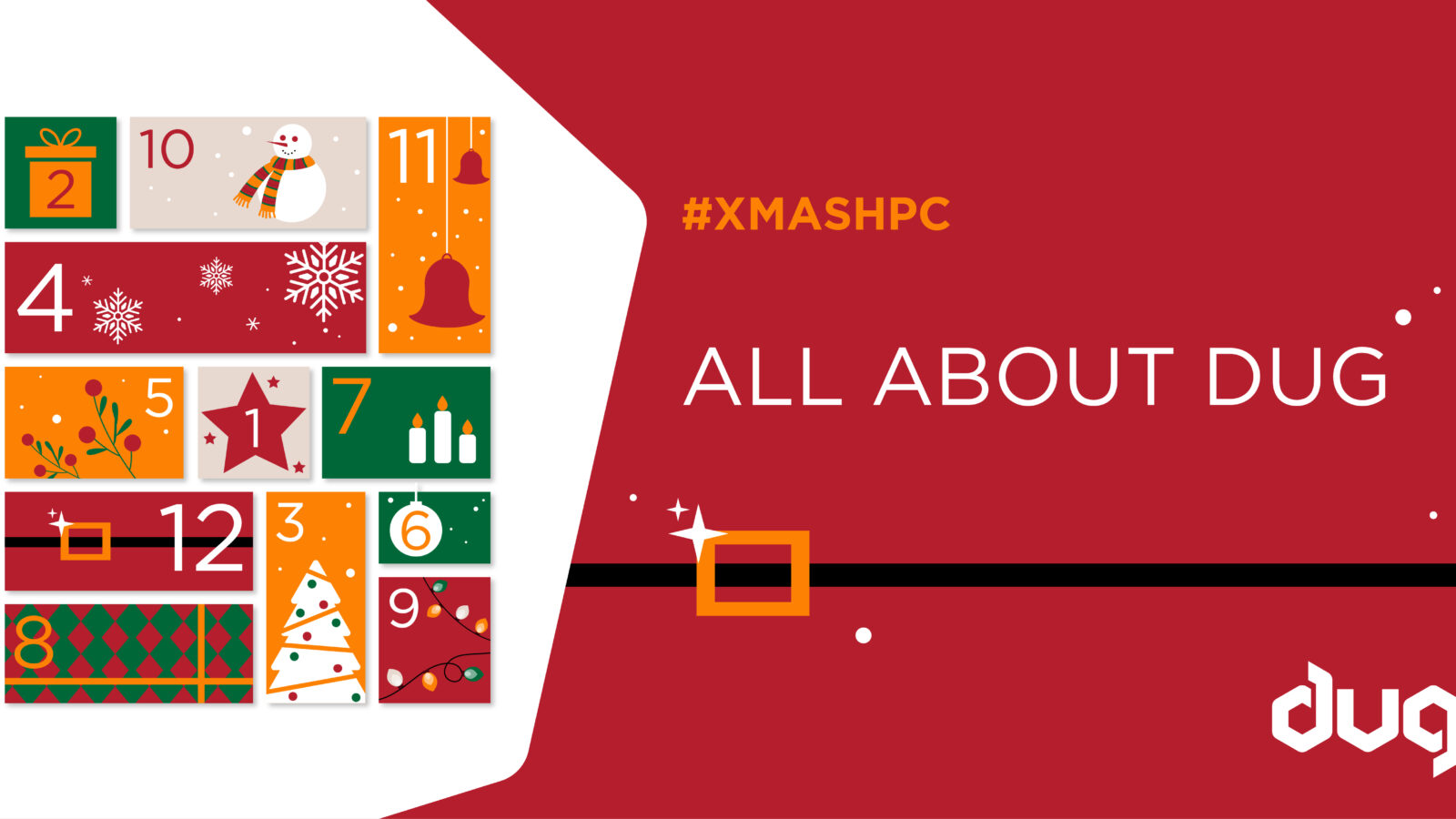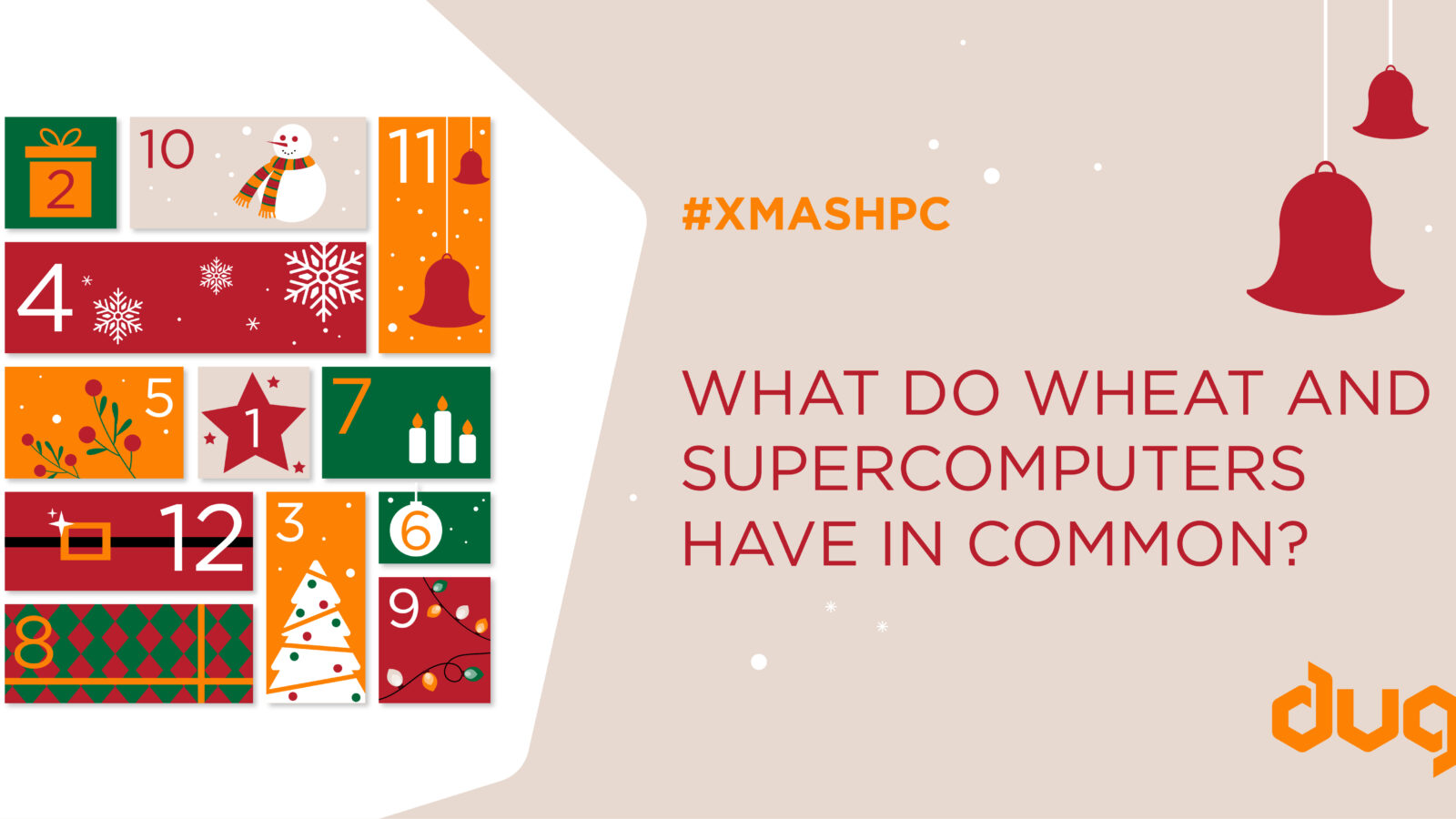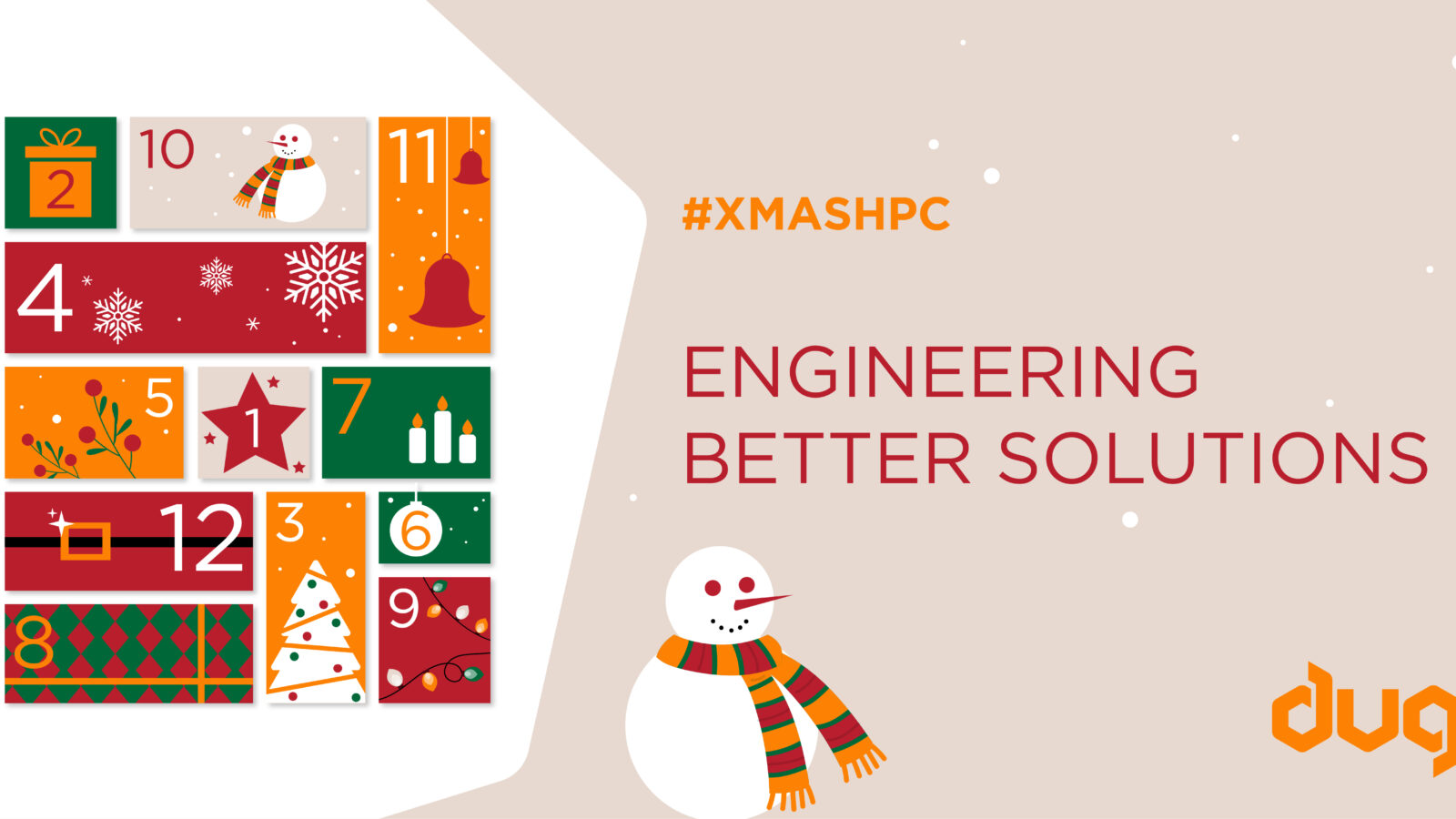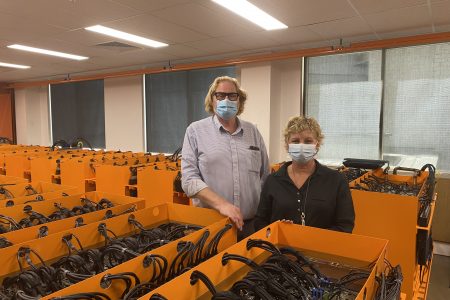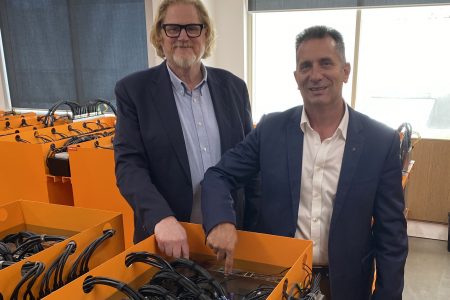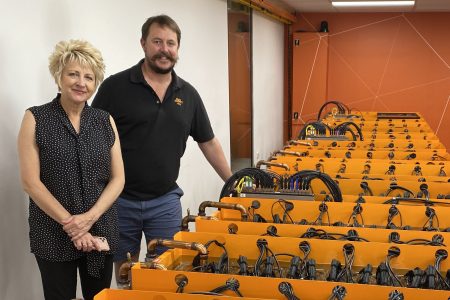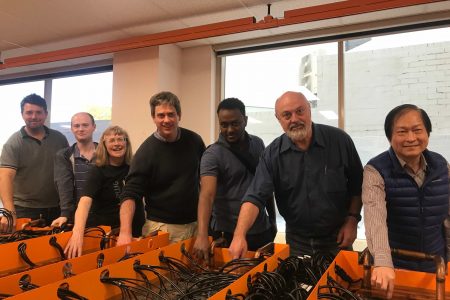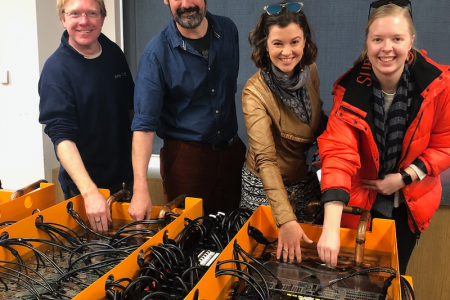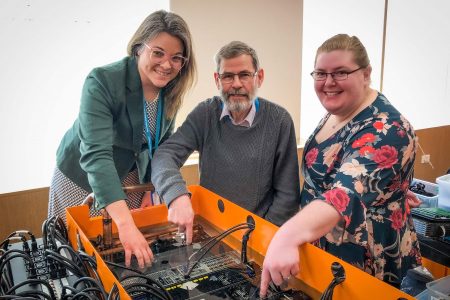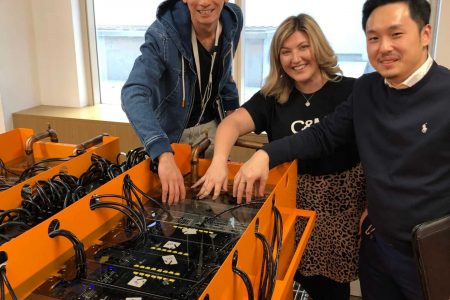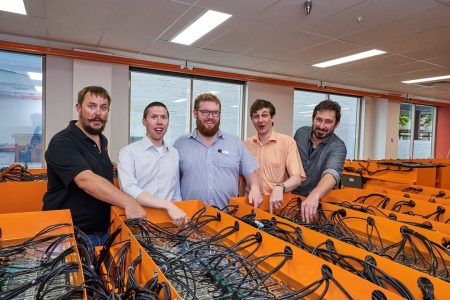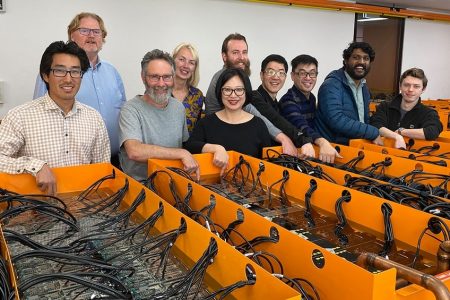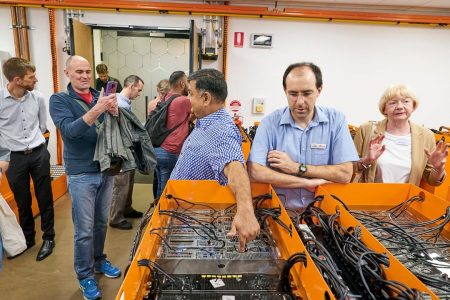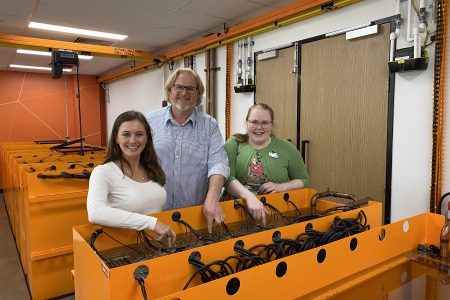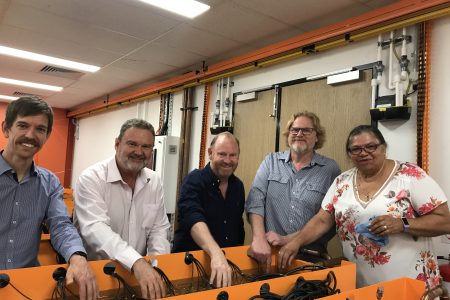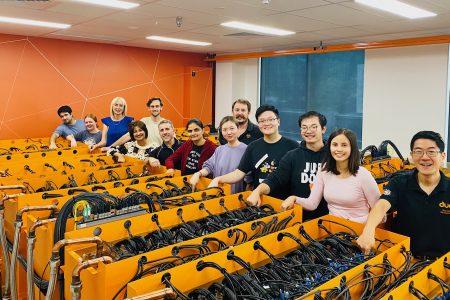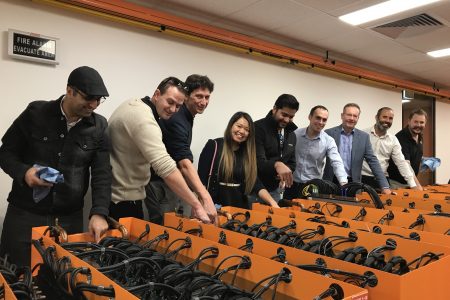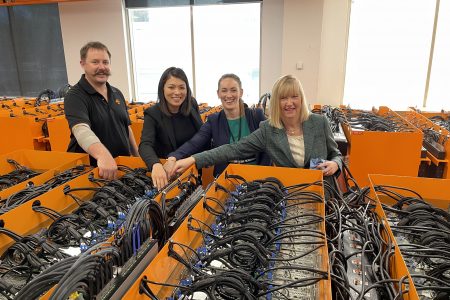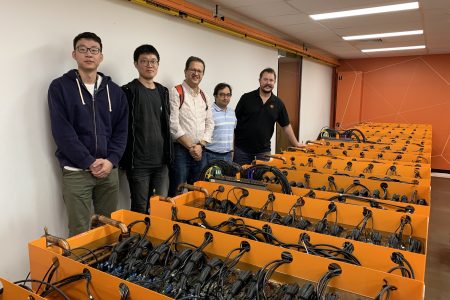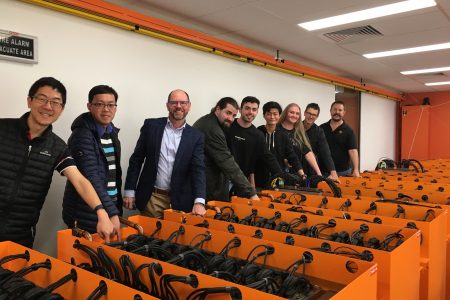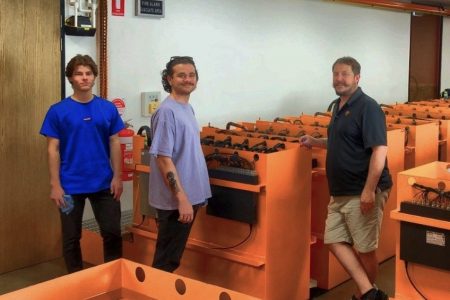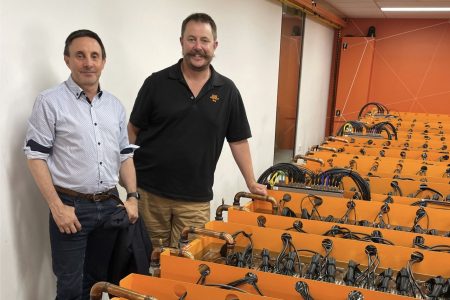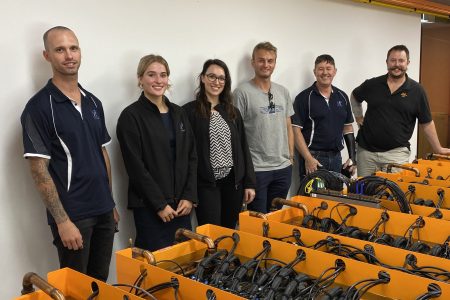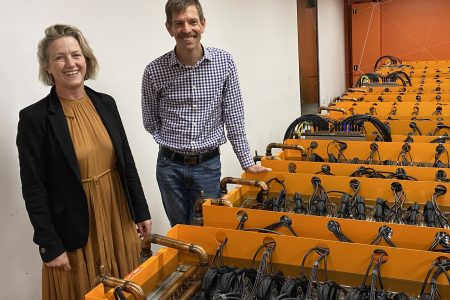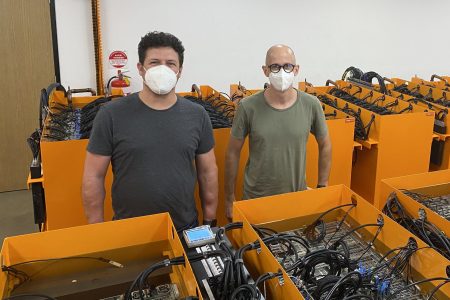What do cows and plastic have in common?
They are both on the climate ‘watchlist’. But place both of them together, you might have an environment-saving cocktail on your hands.
Plastic needs no introduction – it’s a nasty and persistent pollutant.
Cows, too, are found to be udderly guilty of their effect on the climate. Every time a cow burps or farts, a lil puff of methane wafts into the atmosphere. Methane is an extremely potent greenhouse gas – about 28 times more powerful than carbon dioxide – and with over 1.4 billion cattle in the world, their combined effect on the climate can be startling. Together with other grazers, they contribute to roughly 40 per cent of the annual methane budget.
The methane released by cattle is a by-product of the billions of microbes that hitchhike in their stomachs, helping them to break down and absorb the nutrients from tough grasses. But now Austrian scientists have discovered that the same microbes needed by cows to digest food could also present a sustainable way to reduce plastic litter.
The wonders of microbes.
“A huge microbial community lives in the rumen reticulum and is responsible for the digestion of food in the animals,” said Dr Doris Ribitsch, a co-author of the study from the Austrian Centre of Industrial Biotechnology.
A cow’s rumen – the largest among its four stomachs – teems with bacteria that digest plant cellulose from grass. And the researchers figured that if the bacteria are capable of digesting tough natural plant polyesters, they could probably do the same for synthetic polyesters found in plastics.
And so they put the cows to the test.
Not too tough to stomach.
The team tested their theory on three kinds of plastics:
- Polyethylene terephthalate (PET) – A strong, lightweight plastic widely used for packaging food and beverages.
- Polybutylene adipate terephthalate (PBAT) – A biodegradable plastic often used in compostable packaging.
- Polyethylene furanoate (PEF) – A next-generation bio-based polyester with the potential to replace PET.
They obtained some rumen digestive juice, in which they incubated the liquid slurry of microbes with the three plastics and studied the chemistry of the decomposition.
To their delight, the myriad of microorganisms was found to be able to effectively and sustainably degrade all three plastics, but note that PET is the hardest to break down.
A feasible way to deal with plastic waste.
“Due to the large amount of rumen that accumulates every day in slaughterhouses, upscaling would be easy to imagine,” said Dr Ribitsch. While their work has only been carried out at a lab scale, they are interested in exploring a broader implementation of the research. In the meantime, more extensive studies are still required to examine the microorganisms in the rumen liquid.
Compared to similar studies investigating a single type of microorganism, the diverse microbial community living in cow rumens could have a synergistic advantage – that the combination of a wide variety of microbes, rather than any one particular microbe, is what makes this method so effective.
Ribitsch and her team are currently on the moo-ve to further identify and cultivate the microbes involved in breaking down plastic. Once the enzymes produced by the microbes have been determined, they can then be mass-produced and applied in recycling plants.
This new finding will definitely leave a lot of climate scientists pondering: Are methane-belching cows now part of the problem or the solution?



